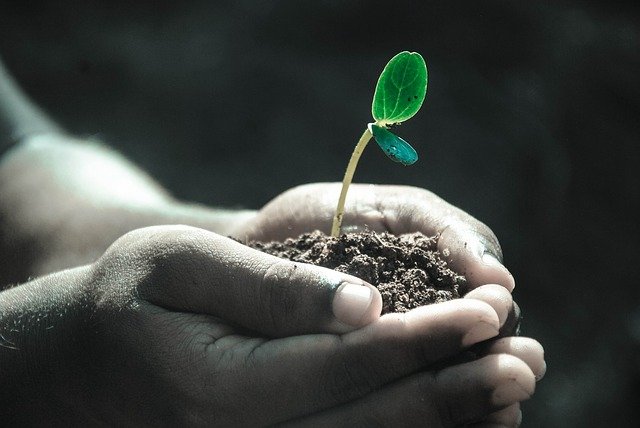Health equity issues run deep in the US. And, the huge drop in life expectancy for Blacks and Hispanics since the pandemic underscores these inequities. Kaiser Health News reports on the significant effects of the novel coronavirus on people of color who never contracted Covid-19.
We’ve lost 600,000 lives in the US as a result of the devastating impact of Covid-19. Millions more people have lost their jobs, their homes and opportunities to prosper. Consequently, they are more likely to become impoverished, hungry and sick, and to die prematurely.
Black and Hispanic Americans have been hit hard; racial disparities could well become even more pronounced. The latest data shows a drop in life expectancy of 1.36 years for white Americans since the pandemic. Life expectancy for Black Americans has dropped by more than double that, 3.25 years. Life expectancy for Hispanics has dropped by 3.88 years.
These drops in life expectancies for Black and Hispanic Americans over the last two years are monumental. Usually, life expectancies vary by no more than one or two months from one year to the next. And, don’t think other countries are experiencing the same inequities in life expectancies; the US is exceptional.
As compared to other countries, Americans are now expected to have lifespans that are 4.7 years shorter, on average. In 2020, almost one in four more Americans died than in 2019. Many of these additional deaths were Covid-related, but many were not. Many more Americans had heart attacks and strokes in 2020 than 2019, as a result in part of lack of access to critical care.
A lot of the worst consequences of the pandemic resulted from income inequality. People with low incomes and assets, predominantly Blacks and Hispanics, lost jobs at high rates and are projected to not get back to income levels pre-pandemic for a few years. People with the lowest incomes and education levels may never return to pre-pandemic income levels.
Today, more than one in ten Americans live in poverty, up 0.6 percent from 18 months ago. Now that the federal government’s moratorium on evictions is ending, things could get a lot worse for hundreds of thousands of people of color. Lack of housing contributes to chronic disease. Lack of jobs leads to food insecurity, which contributes to a series of chronic diseases.
Pre-pandemic, six in ten Americans had diabetes, heart failure, high blood pressure or were obese. While the American Rescue Plan was intended to help some Americans hardest hit by the pandemic, many states have undermined its benefits. And, without good child care, it’s hard for parents to work. About half of all child care centers have closed since the pandemic, threatening economic recovery particularly for working mothers.
Here’s more from Just Care:
- Medicare helps reduce racial and ethnic disparities in health care but not nearly enough
- Disparities in health stem from inequities in housing, education, work and racial discrimination
- All Americans should contribute at the same rate to Social Security
- People with low incomes struggle to access care in US
- How to get free or low-cost dental care










